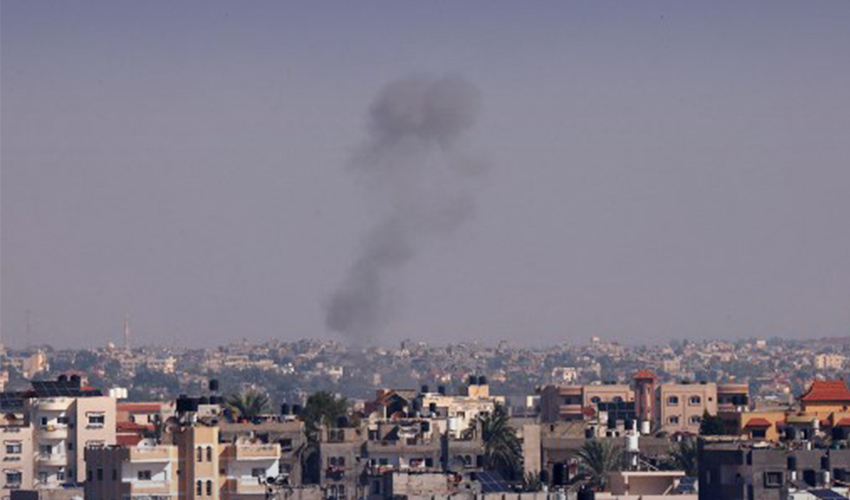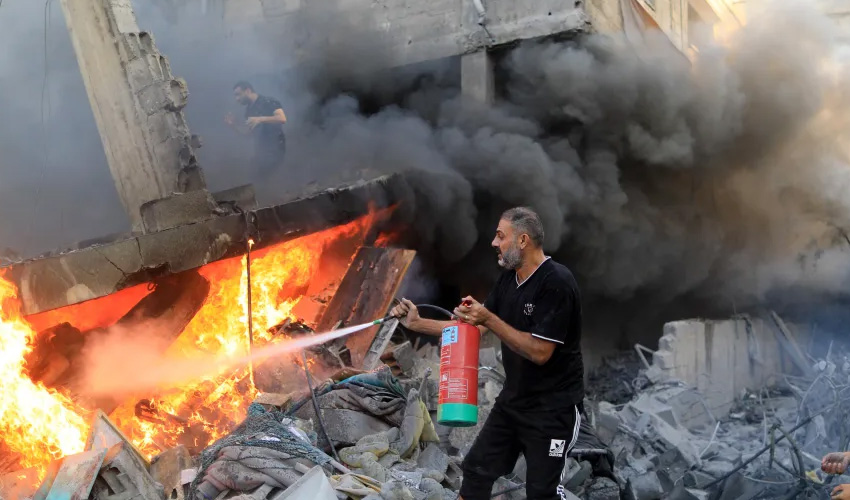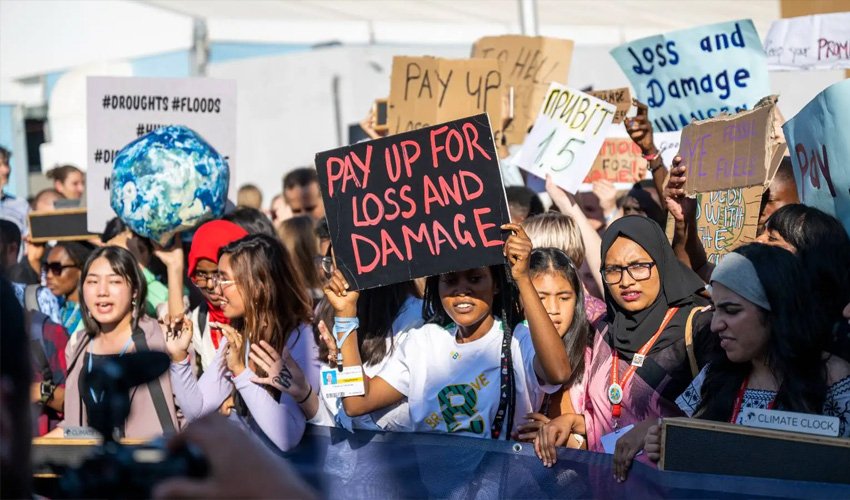Facing a soaring death toll from Israel's renewed offensive in southern Gaza, the Biden administration is trying to pressure its ally to minimize civilian deaths while stopping well short of the kind of measures that might force it to listen, such as threatening to restrict military aid.
Top U.S. officials, including Vice President Kamala Harris and Secretary of State Antony Blinken, have urged Israel publicly to conduct a more surgical offensive in the south to avoid the heavy civilian casualties inflicted by its attacks in the north.
About 900 people in Gaza were killed in Israeli airstrikes between Friday when a truce ended and Monday, according to Gaza’s Health Ministry, about the same number killed in strikes in Gaza over the four days following the Hamas cross-border raid on Israel on Oct. 7, though fewer than the 1,199 who died in the four days following the start of Israel's ground offensive on northern Gaza Oct 28.
The Israeli military released the names of two soldiers it said were killed on Tuesday, in a fight with the Hamas fighters.
Staff Sergeant (res.) Yehonatan Malka, 23, from Be’er Sheva, a soldier in the 7th Armored Brigade’s 82nd Battalion, was killed in fighting in the Gaza Strip; and Lieutenant Yochai Gur Hershberg, 52, commander of the MIA location unit in the 98th Division, who was killed in a traffic accident in southern Israel.
U.S. Secretary of State Antony Blinken urged Congress to pass U.S. President Joe Biden's supplemental funding bill in order to enable assistance to both Israel and Palestinians, despite Tel Aviv killed over 1,600 people in Gaza.
"We’re determined to make sure that Israel can do what is necessary to make sure that October 7th never happens again. We have to back that up with resources," Blinken told the U.S. Global Leadership Coalition 2023 Tribute Celebration.
"But also, critically, we need to make sure that we’re doing everything possible to help those who desperately need help, including the many innocent men, women, and children in Gaza, who so desperately need our assistance. This supplemental will help provide for that," he added.
Washington is for now ruling out withholding delivery of weapons or harshly criticizing Israel as a means of changing its tactics because the U.S. believes the existing strategy of privately negotiating is effective, according to two U.S. officials.
"We think what we're doing is moving them," a senior U.S. official said, citing how Israeli Prime Minister Benjamin Netanyahu shifted from refusing to allow aid into Gaza to allowing nearly 200 trucks of assistance a day, saying those improvements were the result of intense diplomacy, not threats.
The U.S. official spoke after three days of resumed aerial bombardments of southern Gaza left residents pulling the bodies of children and adults from the rubble.



























